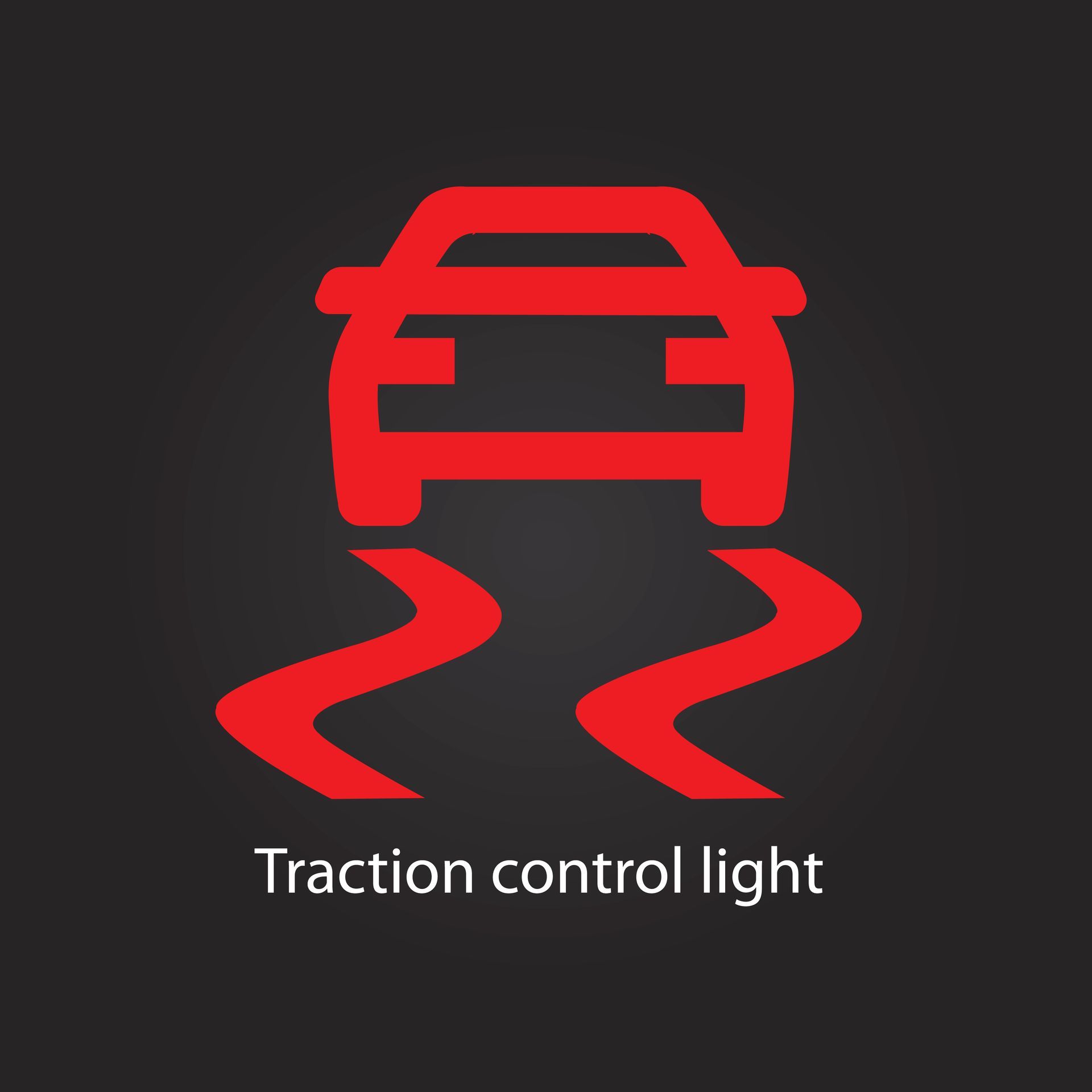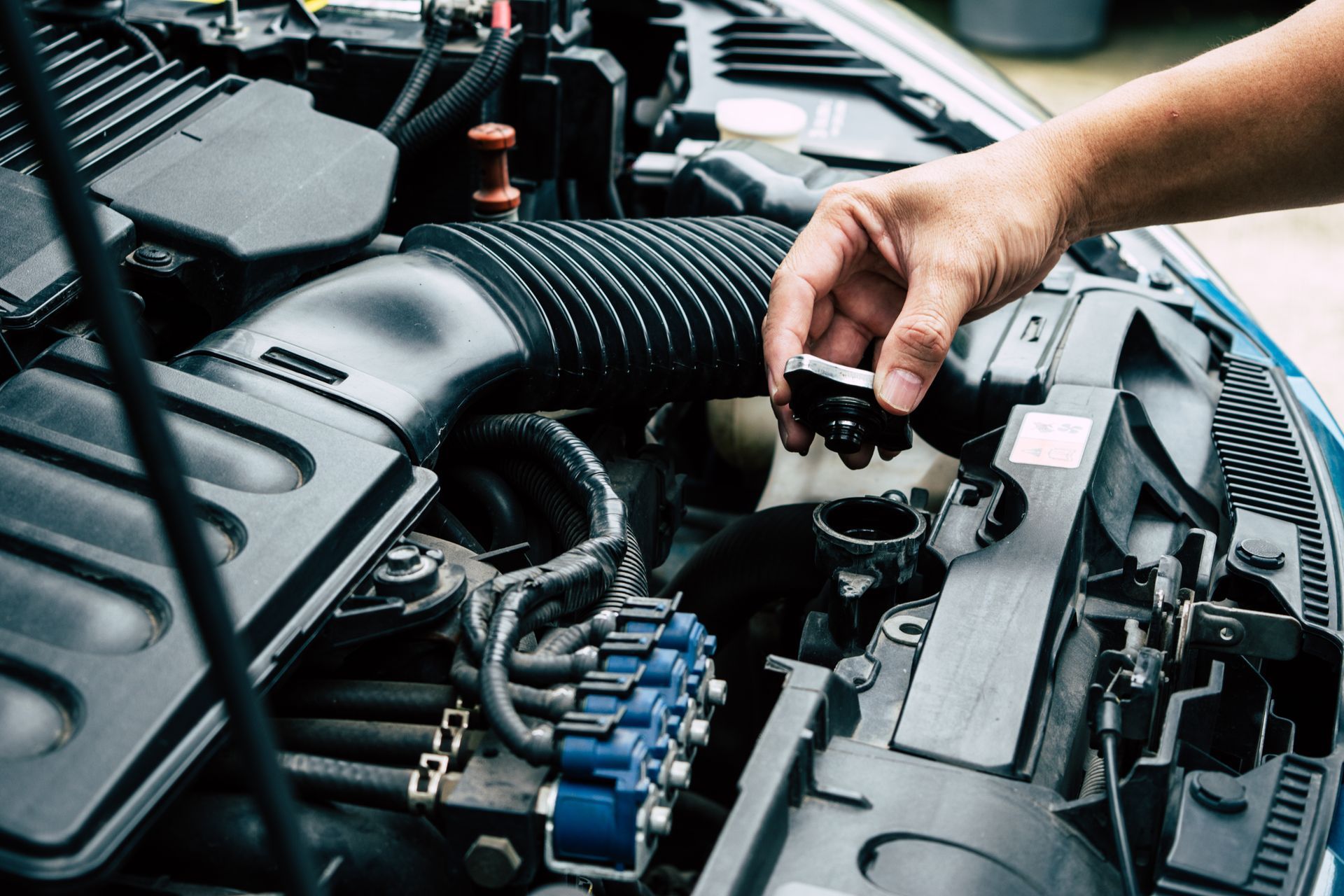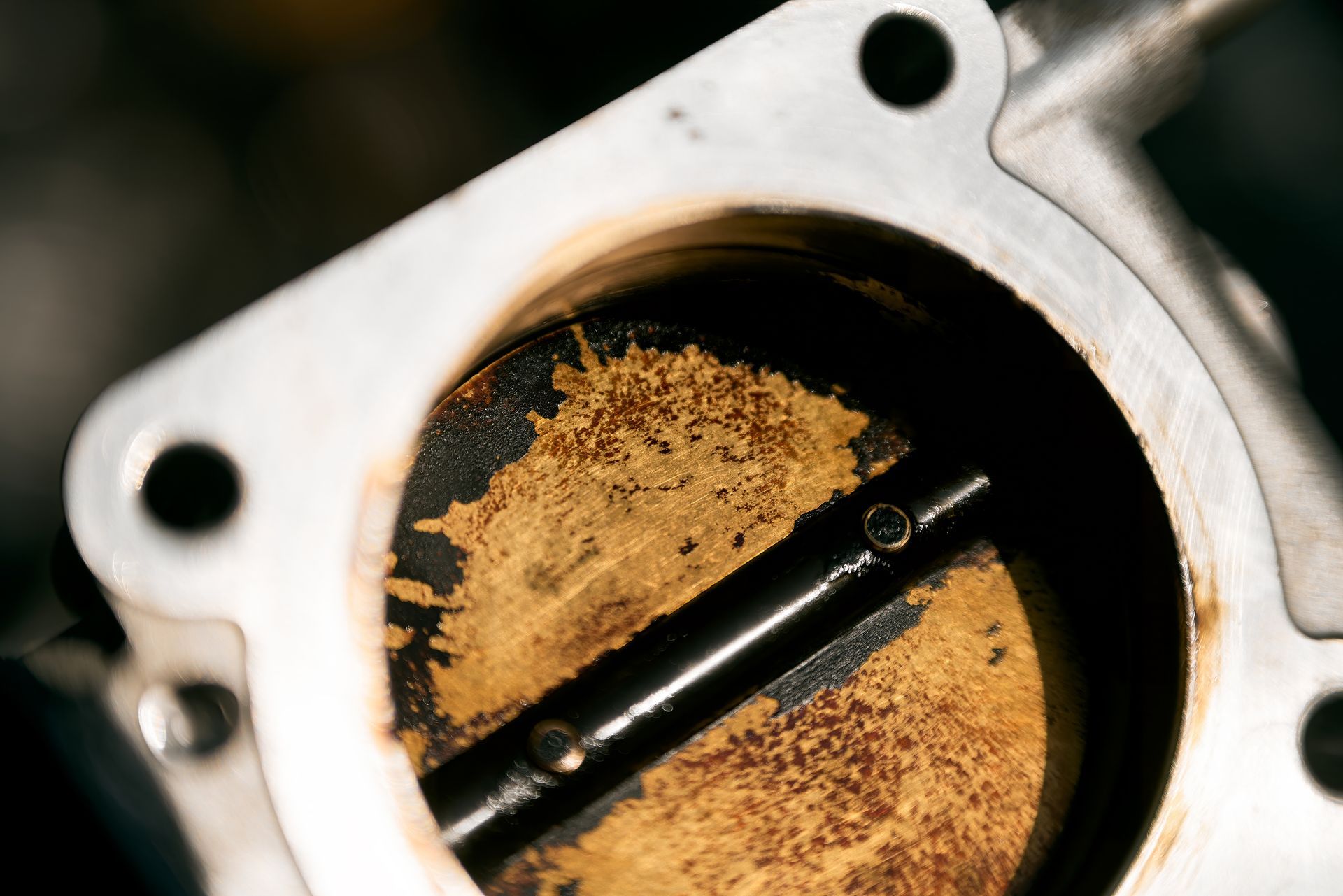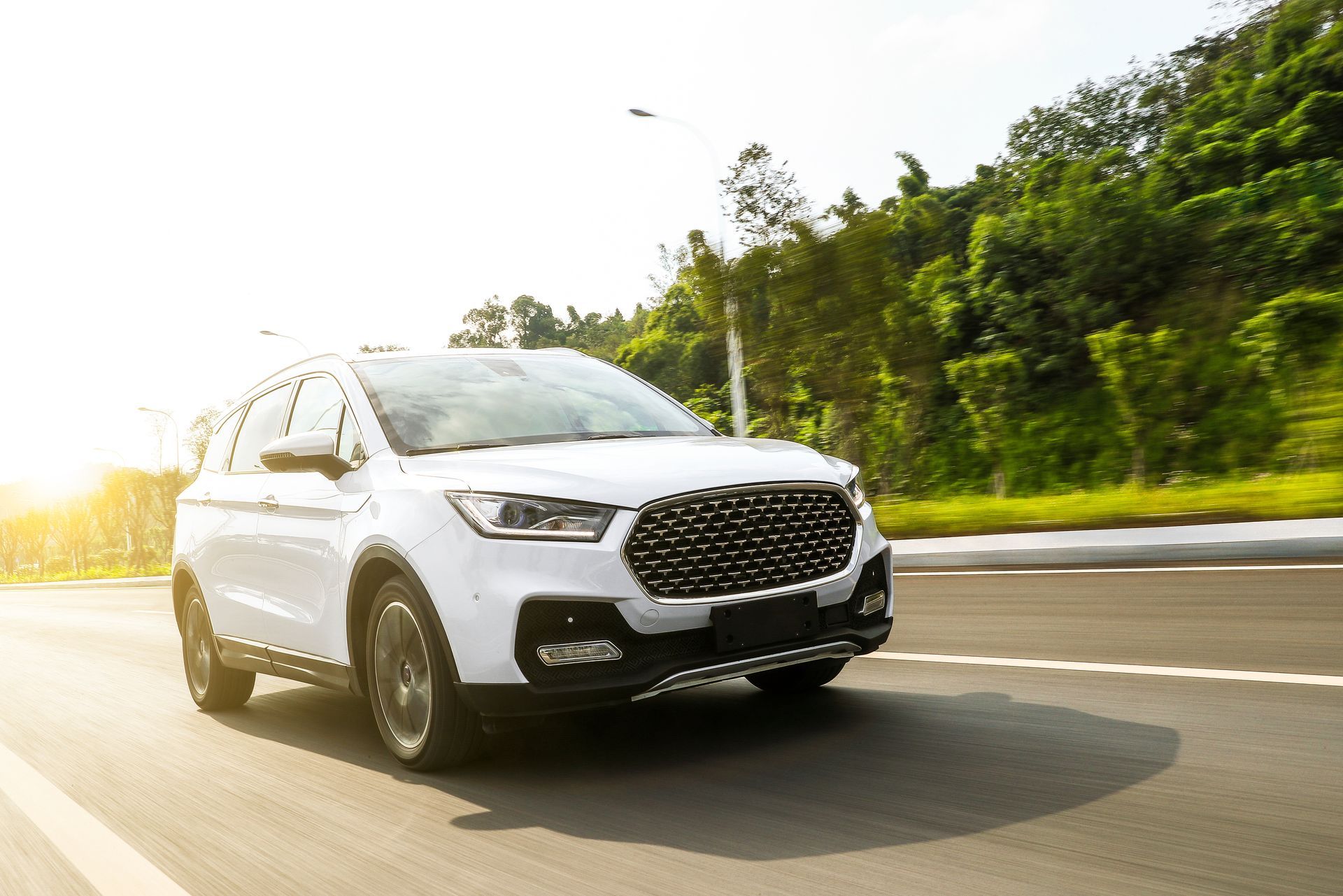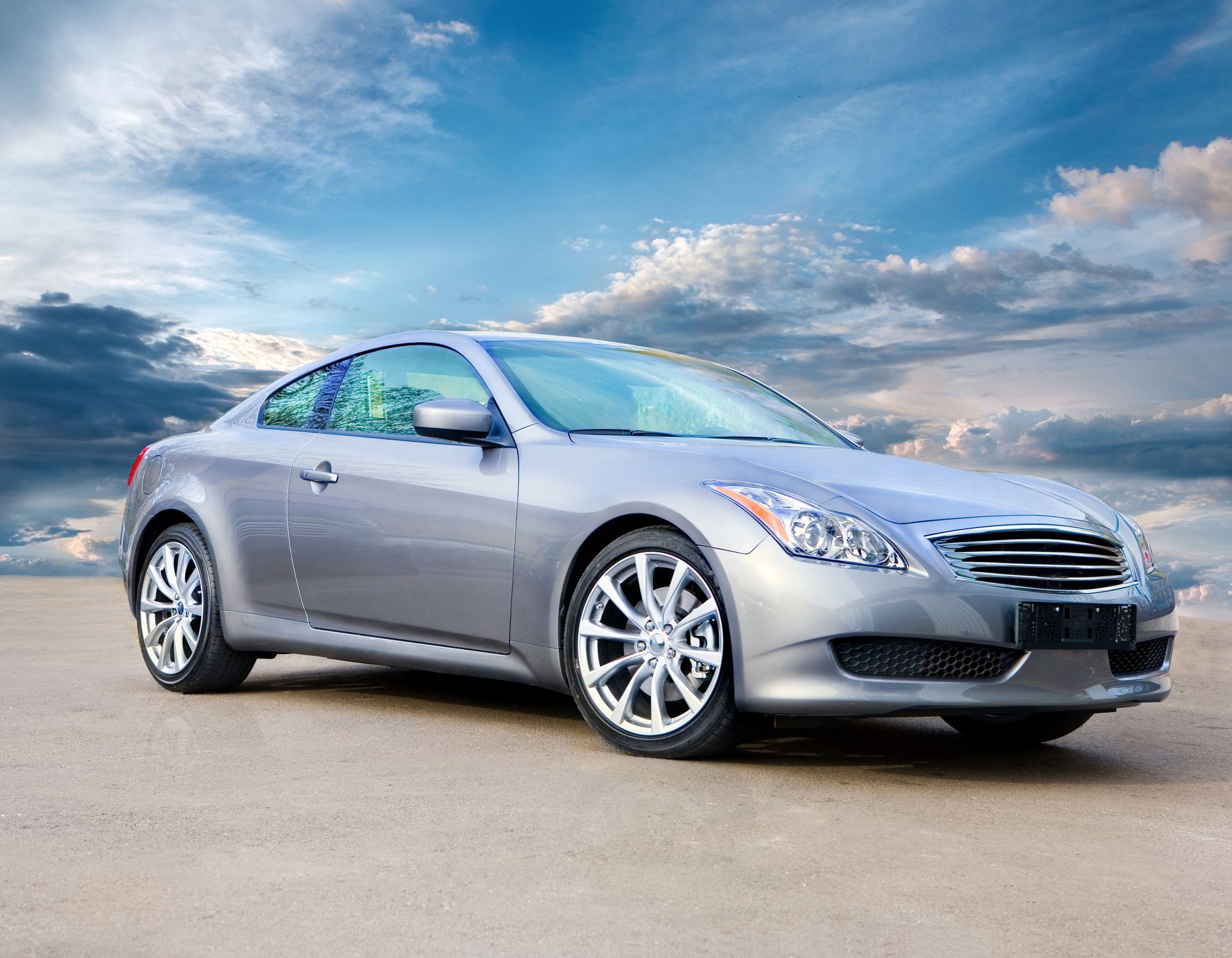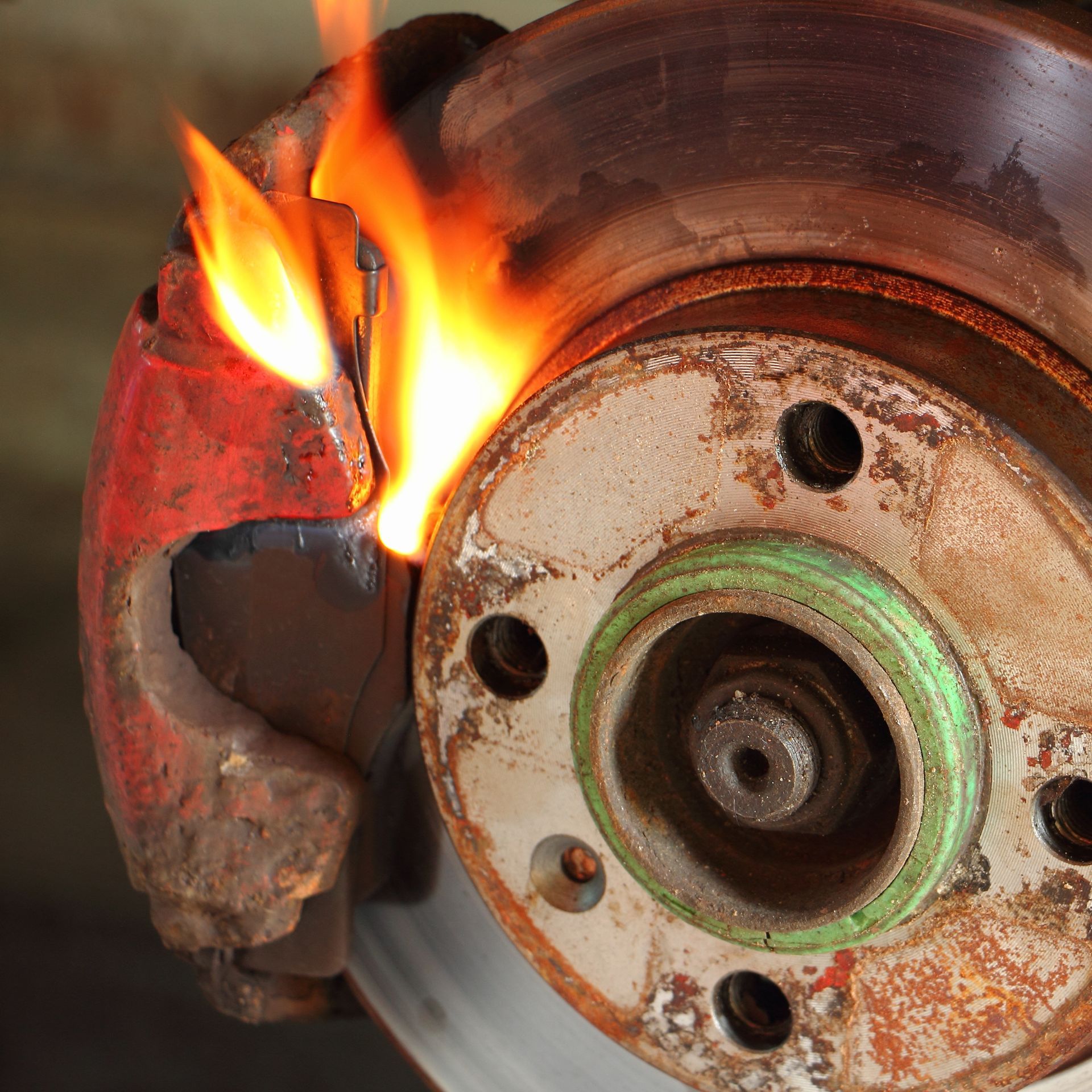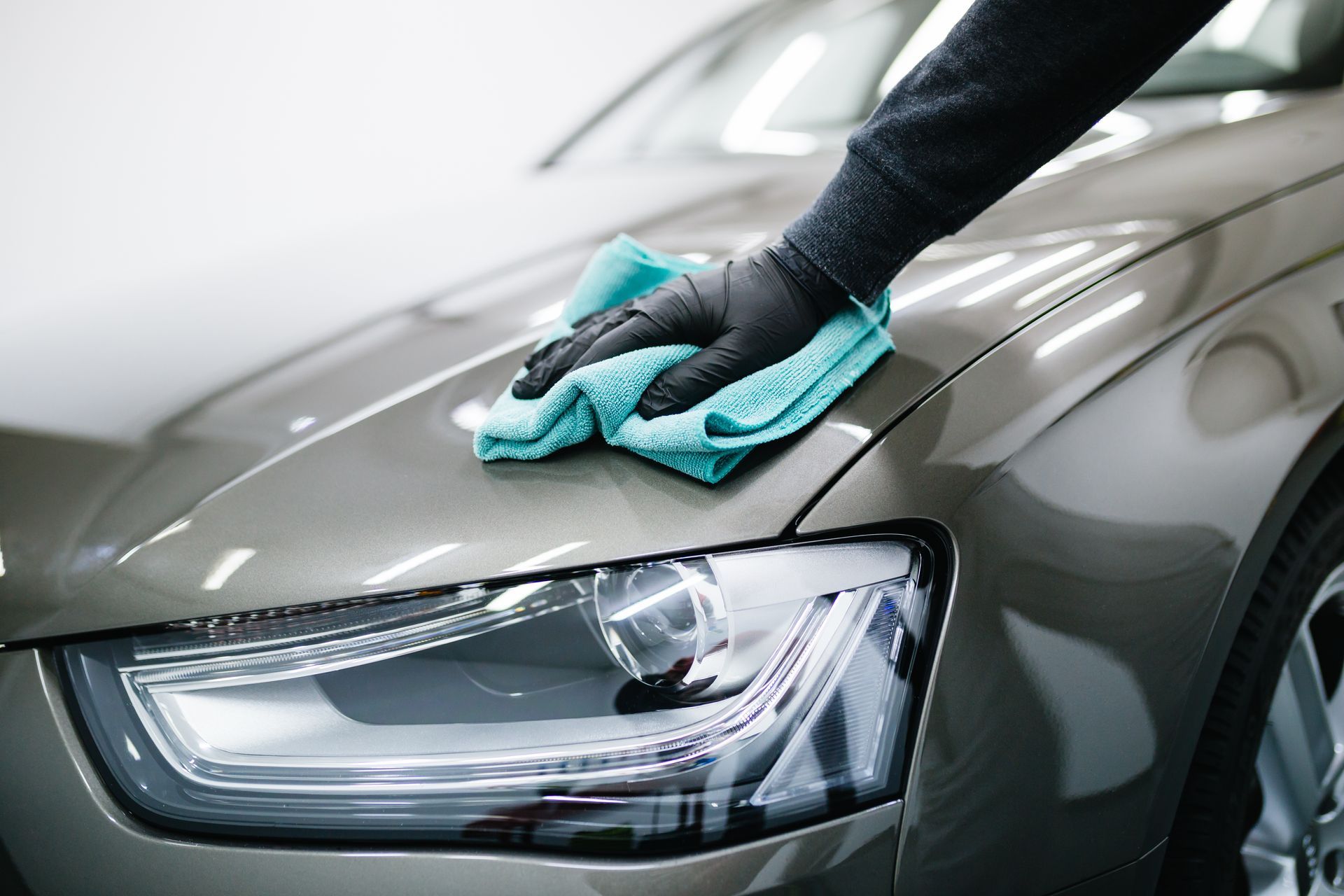Many car buyers wonder whether owning an Acura means spending more on maintenance than a Honda. After all, both brands are produced by the same parent company and share many of the same platforms, engines, and technologies. However, there are key differences between the two when it comes to long-term maintenance expectations, costs, and service priorities.
If you're deciding between the two or already own one of these brands, here’s what you should know about how Acura and Honda differ in terms of maintenance.
Shared Engineering, Different Expectations
Many Honda and Acura models indeed share components. For instance, the Acura RDX shares engine technology with some Honda CR-V variants, and the Acura ILX is based on the Honda Civic platform. Because of these shared parts, basic maintenance tasks—like oil changes, fluid flushes, and brake pad replacements—are often very similar in cost.
However, Acura vehicles are positioned as premium models, and that means they may include advanced features that require additional upkeep. More complex electronics, higher-grade materials, and advanced safety technologies can increase service complexity and costs.
Luxury Features Require More Care
One key reason Acura vehicles tend to cost more to maintain is their additional luxury features. From adaptive suspension systems to premium audio and infotainment, these systems come with components that may require specialized attention.
For example, if your Acura includes a SH-AWD system (Super Handling All-Wheel Drive), it will need more frequent differential and transfer case fluid services than a front-wheel-drive Honda. Similarly, advanced driver-assist features, such as lane-keeping assistance or adaptive cruise control, depend on sensors and modules that need occasional recalibration.
We regularly service both brands and are equipped to handle Acura’s high-tech systems with precision.
Parts and Labor Costs May Differ
While some parts are interchangeable, many components in Acura vehicles are unique to the brand and can cost more. Genuine Acura parts are designed to match the vehicle’s performance standards, which may carry a premium over standard Honda equivalents.
Additionally, labor costs for Acura models may be higher due to the complexity of the systems or the time required to access certain components. For example, replacing a headlight in a Honda Accord might take less time and involve a simpler part than the same task on an Acura TLX with LED matrix lighting.
Our technicians understand how to navigate these differences efficiently, helping you save on labor costs wherever possible while ensuring the work meets factory standards.
Warranty and Scheduled Maintenance Coverage
Both Honda and Acura offer strong warranty programs, but Acura’s tends to reflect its premium status. Acura’s powertrain and bumper-to-bumper warranties are generally the same in length as Honda’s, but many Acura models include additional perks like concierge services or longer coverage for specific components.
Some new Acuras also come with complimentary scheduled maintenance plans, covering oil changes and inspections for the first couple of years. Honda offers similar coverage on certain new models, but it's less common overall.
Knowing what’s included in your warranty will help you make better decisions about where and how often to service your vehicle. We help customers navigate their maintenance plans and stay within warranty guidelines while avoiding unnecessary expenses.
Is the Extra Maintenance Cost Worth It
If you enjoy the added comfort, performance, and features of a luxury vehicle, the slight increase in maintenance costs for an Acura is usually a fair tradeoff. The key is staying on top of scheduled services and addressing small issues before they grow into larger repairs.
In many cases, Acura maintenance isn’t significantly more expensive than Honda—it’s just more specialized. When you bring your vehicle to our technicians, we tailor our service to your specific model, whether it's a straightforward Civic oil change or a detailed inspection for an MDX.
Trust Mountain Tech Inc. in Oregon City, OR, for Acura and Honda Maintenance
Whether you drive a Honda or an Acura, staying on top of routine maintenance is the best way to keep your vehicle performing at its best. Our team understands the engineering behind both brands and delivers expert care tailored to your model’s needs.
Call
Mountain Tech Inc. in Oregon City, OR, to schedule your next Acura or Honda service and experience the difference our specialized care makes.



